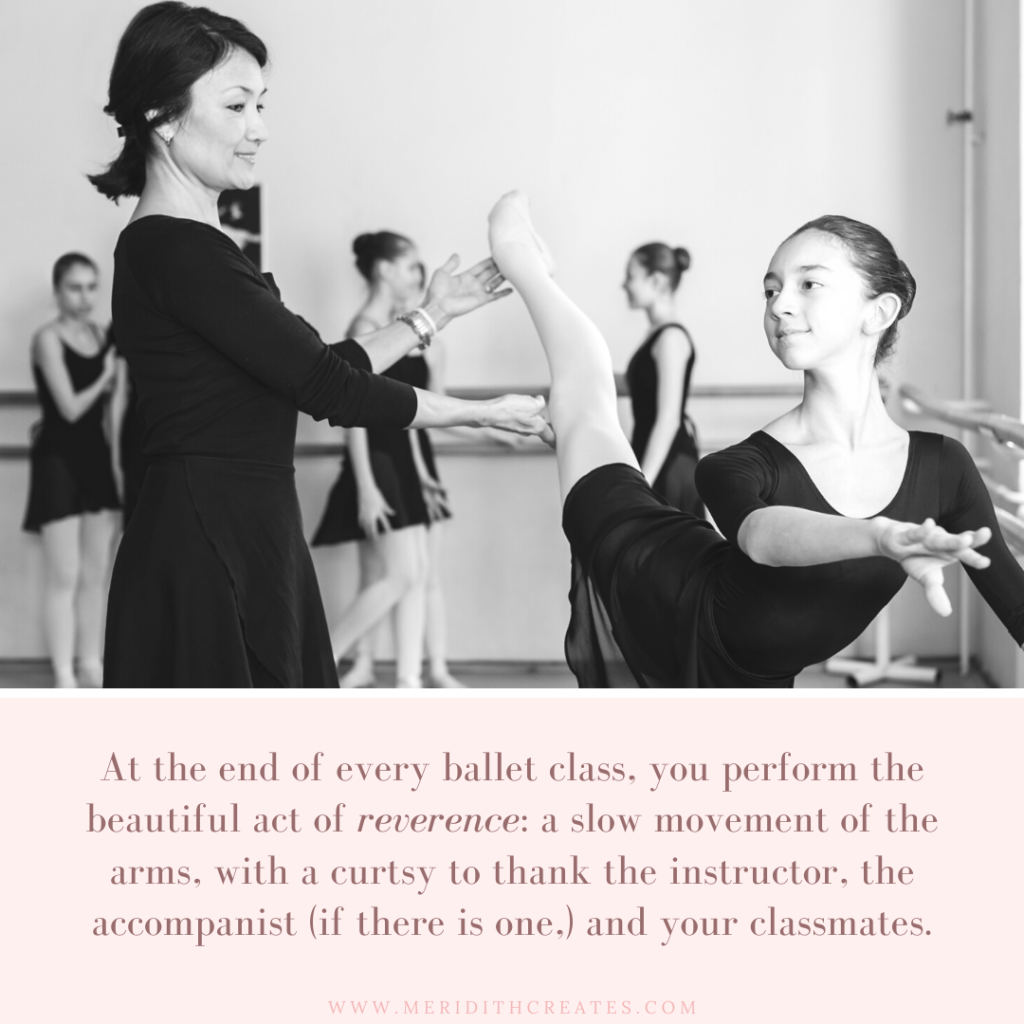I’m trying to learn the boundaries between funny versus shaming kid stories, since this digital trail of mine may someday be theirs to discover — but today’s lesson in manners and gratitude is being shared with Sofia’s permission, so here goes:
Over break, we talked about whether or not she would quit violin lessons mid-year. She’s at 2.5 years of lessons under the same instructor; we are lucky to have an incredible Suzuki program within LCS with two classes per week during resource hours, and only the cost of the instrument rental.
But Sofia has not committed to practicing regularly, doesn’t particularly enjoy the instrument, doesn’t love being on stage, and while she’s competent in the songs she’s learned, it’s just not clicking as her thing.
Our rule has been two years of any particular endeavor; year one will always be awkward and halting and perhaps not even enjoyable. Year two is when perhaps a little bit of competence begins, the repetition having built some degree of fluency with rules and notes, muscle memory sets in, and enjoyment of the sport or instrument can begin. After all, who enjoys something they’re mostly confused over?
(This is entirely my own theory, maybe one year is sufficient, maybe three is ideal?!?)
So: when I found out just now that Sofia walked into her lesson yesterday and told her teacher, “I think I’m quitting violin,” with what I imagine was the same teenager-y slump and mono with which she told me about it; her teacher said ok and sent her back to class.
Y’all.
Y’ALL.

Every fiber of my being was horrified, both for just how rude the delivery was, but also because of my years of ballet and practicing reverence.
For those who are not familiar with the practice, at the end of every ballet class, you perform the beautiful act of reverence: a slow movement of the arms, with a curtsy to thank the instructor, the accompanist (if there is one,) and your classmates.
Reverence is a beautiful, formal way to show gratitude for the time and talent that was shared, a practice that acknowledges each tedious step of the teaching journey is valuable and necessary. It’s not reserved for the stage, though the ballet curtain call is a beautiful example of what it looks like with costumes and lighting. In the class, you’re exhausted and sweaty.
You may have spent nearly a half hour working on adjusting one single muscle placement for a grant battement (those high kicks!).
You may have toes that are blistered and desperate to escape the pointe shoe. But first, you gracefully extend your arms and bow to thank everyone who has helped you grow.
Sofia’s a kid. Violin’s not her thing. I’m supposed to be teaching discipline and manners, sure. She gets grace here, but she’s also going back on Thursday with an apology and a thank you card and gift for all of the time that her violin teacher has invested.
In the meantime, I’ve already emailed an apology and asked whether she can withdraw now or if she needs to finish the year. And if she’s finishing the year, she’s ready to do so with grace and gratitude.